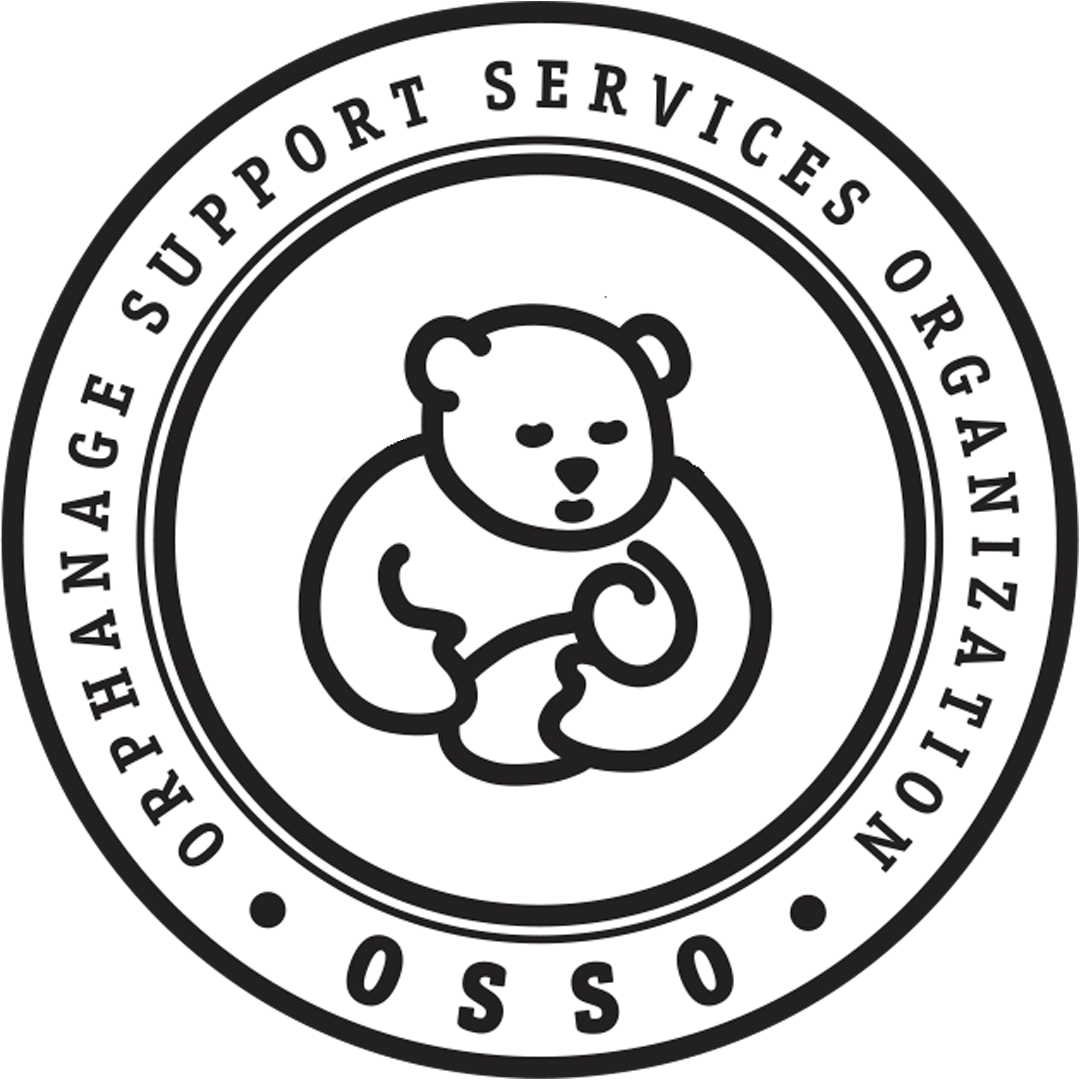What could be more tragic than an orphanage nursery full of crying babies?
Silence.
I woke up last night to the sound of Lizzy crying. Lizzy is my granddaughter; she and her sister and parents are visiting for Christmas. I went right back to sleep, secure in the knowledge that she had two loving parents who would certainly hear her and take care of whatever she needed.
A newborn baby is helpless. She only has one skill to help her survive: She can cry. It works like this:
If I am cold, I cry.
If I am hungry, I cry.
If I am in pain, I cry.
If I am scared, I cry.
If I am lonely, I cry.
If I am wet or poopy, I cry.
If I am hurt, I cry.
Adults, especially parents, are wired to respond to a crying baby. They hear the cry and they seek to find out the need and fill it.
It is through crying that a baby learns to reach out to others, to trust, and to love. At first, the cry is automatic, but the baby quickly learns, “When I cry, someone responds. When I cry someone cares.” They begin to learn to trust and to love.
In a busy, understaffed orphanage, one worker can keep about 20-24 babies alive. If they follow a schedule, they can prop a bottle in the babies’ mouths every few hours. They can change the diapers every few hours. They can bathe the babies and change their clothes every day. They can make sure the babies keep covered and warm. They need to stick to their schedule. If a worker responds to crying, they soon will have a baby in each arm and can do nothing else. They need to ignore the crying just to keep the babies alive.
If you place a newborn in that environment where her cries are ignored, she will cry anyway … at first. But soon she learns her first big lesson in life: “I am alone. It does no good to cry, to reach out to others; no one will come.”
An orphanage nursery that is always understaffed can be very quiet. Each child has learned to conserve energy, to quit trying to reach out. Often when that happens, the part of the baby’s brain that learns to trust and to love dies, and the child develops reactive attachment disorder (RAD) where they lose the ability to learn to love and trust. This does not happen to every child in these circumstances, but it does to many.
So, if you hear a baby cry, make sure someone is responding. If someone is, don’t worry. Be happy she is getting her needs met and learning to love and trust. Worry for the cries that go unheeded, or worse yet, the cries that remain silent.
And since it is Christmas, go one step further and imagine a cry coming from a lonely manger in an otherwise empty stable.
This blog post is seventh out of a series of 12 Christmas stories by founder Rex Head. Read the other stories below.












